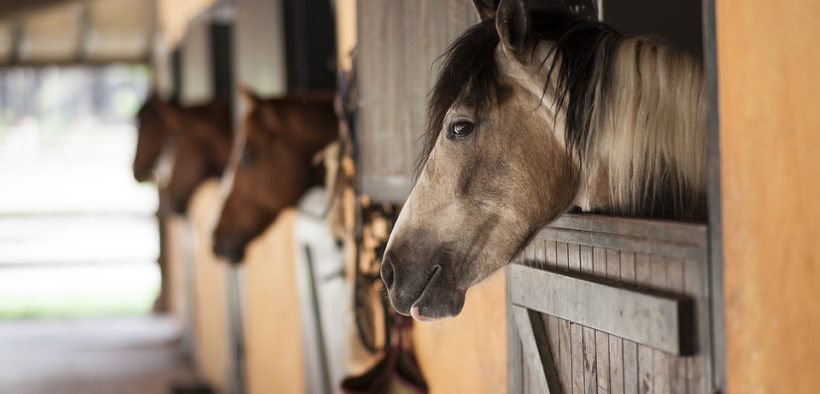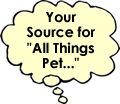Do You Really Have The Commitment To Own A Horse?
Share

Owning a horse requires considerable commitment on your part. He will need stabling, feeding, mucking out, grooming, and exercising. While this isn’t much different to owning a dog, a combination of the size of the horse and the fact that you will usually have to travel to the stables means that you may regret your decision, especially on cold and dark mornings when you want nothing more than to stay in bed and have a cup of coffee.
Horses are big animals and they require regular care and attention. You need to ensure that they have a good quality feed, permanent access to water, and that you are giving horse supplements to help ensure that they get all of the vitamins and nutrients that they require. Certain supplements, like NAF horse can prove especially useful if your horse has undergone a change in its exercise regimen.
Routine Expenses
There are dozens of routine expenses that go along with having a horse. These monthly expenses can include:
- Boarding costs: This monthly expense can easily exceed the average cost of renting an apartment depending on where you live!
- Horse shoeing: This needs to be done every 4-6 weeks to keep hooves healthy
- Veterinarian: Your veterinarian will probably be out there often for emergency visits if your horse colics (common) or tends to be accident prone (also common). You will also need to plan on vaccines and health checks.
- Worming: Your horse will need to be wormed every 6-8 weeks. This is something you can do, but you’ll want to have a professional show you how. You’ll need to purchase the proper supplies each month. (This article offers Horse Worming Advice)
- Teeth: Your horse will need to have his teeth floated. This is where the veterinarian trims his teeth so they don’t grow too long. Horses over 5-20 years of age can be floated once a year, unless you observe or suspect any problems. Horses over 20 years of age should be examined every 6 months.
- Lessons: If you’re new to horses, you’ll want to plan on weekly lessons with an experienced instructor who can teach you the ins and outs of caring for your new horse. This is important for you and your horses’ safety.
Time Requirements
Grooming:
You’ll need to spend a lot of time grooming your horse. They will need to be groomed before and after you ride, their feet will need to be checked, and their mane and tail should be combed out each day to prevent mats and promote growth.
Grooming helps keep insects, ticks, and other irritants away from your horse while keeping them looking beautiful. You should groom your horse regularly to ensure that they look their best and that they have the best chance to avoid certain illnesses and diseases. Happily, grooming also gives you the chance to check for any injuries and to develop a really strong bond with your horse.
This bond is essential for both of you, so take the time to really develop one.
Exercise:
Even on the days you’re not feeling well or don’t feel like riding, your horse will feel like – so you’ll need to look for somebody to exercise or “turn out” your horse for you. If it happens to become a regular thing, there is a great opportunity to consider a “horse share” (more on that soon).
Riding:
Riding is the area that most owners love the most. But keep in mind, you’ll have to ensure your horse has plenty of warm-up and cool-down time. Hacking out may take some preparation but the rewards are more than worth it.
Why it’s Worth Every Minute!
Happily, with regular food and supplements, good exercise, and careful grooming, owning a horse more than makes up for the potential difficulties. It can keep you fit while providing you with a way to get outdoors regularly and it can give you a pastime or hobby that is healthy too.










